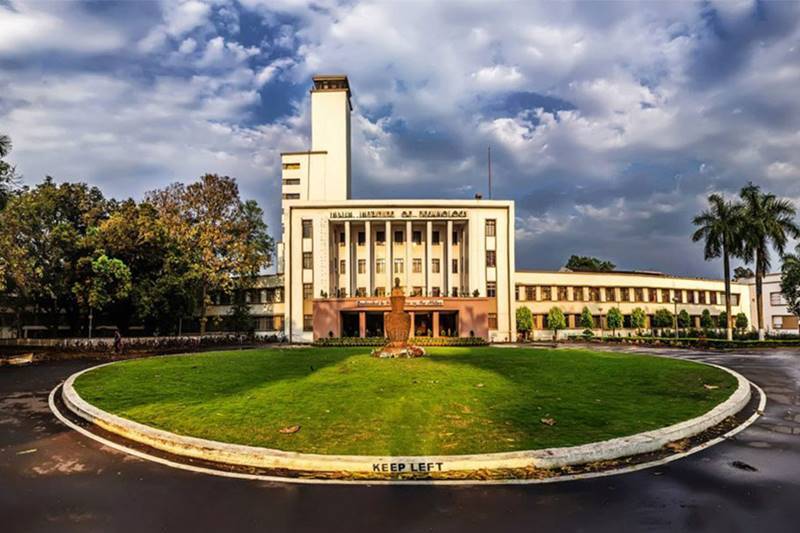Posted by Isha Ray
Residents of most urban areas, that I know of, seem to have internalised the idea, that if they are under surveillance, they are safe. Safe from all kinds of possible human-induced attacks – terrorist attacks, violent riots and many such. We, therefore, allow ourselves to be frisked and our belongings
In spite of the hassle and the constant inquisition of the security personnel, there seem to be no complaints against this. Contrarily, the ‘security’ paraphernalia – the CCTV, the luggage scanner, the metal detector door, the handheld scanner, frisking – instil a sense of security among us. We take comfort in the impossibility of any kind of destructive machinery making past these multiple layers of security, and in the rare case they do, a constant recorded voice reminds us to keep an eye out and immediately report everyone and everything that appears ‘suspicious’.
The system of surveillance does not just replenish on constant covert acceptance, but also through ignorance.
This need for security has been necessitated by numerous instances of violence and terror attacks in the past, and while the need for all the paraphernalia seems mandatory under the circumstances it is the idea of surveillance that appears questionable. To residents of metro cities, the idea of surveillance and security often seem synonymous, especially for women. When the proposition of CCTV cameras to be installed inside women’s hostel corridors are debated, surveillance often assumes the same meaning as security.
Over the last few years, organisations such as Pinjratod, have tried to address these issues of surveillance and moral policing of adult women in hostels, PGs and rented accommodations. As a young woman living in an alien city, I have been subjected to the same scrutiny, with consequences ranging from a complete negation of my rights to go out, to more subtle concerns over my security and judgements on my character.
Also read: How Is Sexual Violence Normalised In India?
Apart from these organisations, the complete violation of women’s agency has been portrayed through movies, videos, comments among others. Movies such as Pink (2016) portrayed the suspicions harboured by neighbours of an apartment where the residents were women. More recent ones such as Gully Boy (2019), where the female lead, Safeena was always escorted by a parent at all times, and all her whereabouts had to be accounted for in their absence. Both of these ideas gained immense popularity with the female audience because of the uncanny resemblance it bore with the lives of young women in metro cities, irrespective of their class, caste or religion.
Unfortunately, this submission to constant scrutiny is a self-perpetuating system, that more often than
One such example of this is when Uber recently launched its ‘tracking’ feature. The ad film portrayed a young woman returning late from office, ensuring peace of mind for her father and boyfriend by enabling them to ‘track’ her ride live through this feature. However, in spite of this constant surveillance, crimes against women have not reflected a remarkable decline in recent years. Neither are women made to feel surprisingly safe travelling at night, with the limited options of public transport available.
In spite of this constant surveillance, crimes against women have not reflected a remarkable decline in recent years. Neither are women made to feel surprisingly safe travelling at night, with the limited options of public transport available.
As women who associate with the ideals of feminism and empowerment, we often overlook our active roles in condoning these acts of scrutiny. A friend admitted, “I would lie to my
The idea of being monitored as being synonymous to safety is something that unites women across classes. My domestic help, Sandhya once admitted a great deal of
As a naive, 18-year-old, I had found myself vehemently justifying the need for constant submission to the hostel
The system of surveillance does not just replenish on constant covert acceptance, but also through ignorance. A colleague who lived in a
Also read: On Being Policed And Disciplined In An Army Hostel For Women
The threat of sexual violence is so internalised for urban women, that very often subjecting ourselves to constant scrutiny – sadly, so – seems to be the only possible option to ensure any kind of safety. We avoid travelling late at night, we constantly subject ourselves to be under the purview of the CCTV scanners, allow our mobility to be monitored by the GPS, and yet women are sexually harassed on the street, groped in crowded metro compartments, stalked at metro stations, and assaulted in cabs. It leads one to question: is it really ‘safe’ to be under surveillance? Or is it just another excuse to blame victims of sexual and physical assault?
Isha Ray is a writer and researcher from New Delhi. When not
Featured Image Source: Shruthi Venkataraman via the ‘Gendering Surveillance’ website
About the author(s)
Guest Writers are writers who occasionally write on FII.




